Promoting Subregional Cooperation Among Cambodia, the PRC, Lao PDR, Myanmar, Thailand and Viet Nam Phase III
Details
|
Project |
30147-012 |
|
Related Projects |
Search |
|
Type |
TA |
|
Sector |
Public Sector Management |
|
Country |
Regional |
|
Start |
1996 |
|
End |
2005 |
|
Status |
Closed |
|
Last Edited |
05 Jul 2021 |
Project Description
The RETA was to strengthen the basis for sustained subregional economic cooperation. It also sought to strengthen institutional arrangements and capacities to promote, facilitate, and support mutually beneficial economic cooperation among Cambodia, the People-s Republic of China (PRC), the Lao People-s Democratic Republic (Lao PDR), Myanmar, Thailand, and Viet Nam.
Progress
(as of March 2021)
Project closed
News and Multimedia
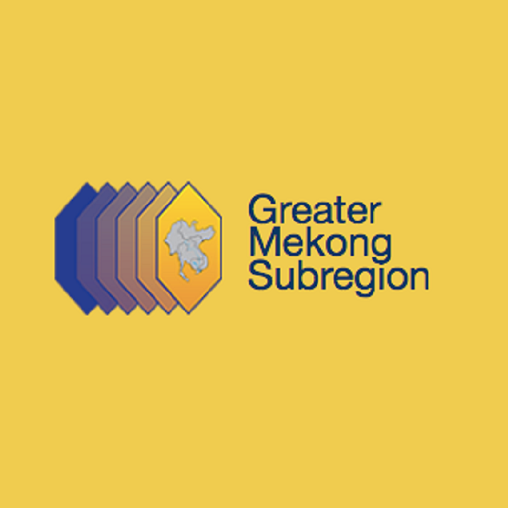
Greater Mekong Subregion Program logo.
Source: https://www.facebook.com/GMSProgram/
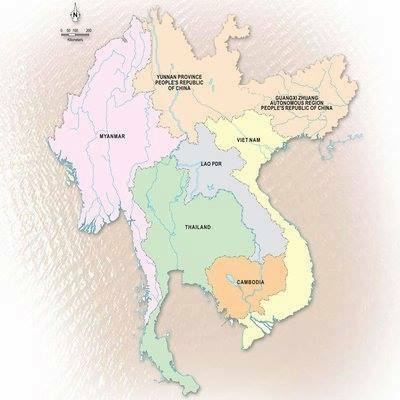
The Greater Mekong Subregion Economic Cooperation Program supports the implementation of high-priority projects in the six nations that share the Mekong River.
Source: https://www.facebook.com/GMSProgram/
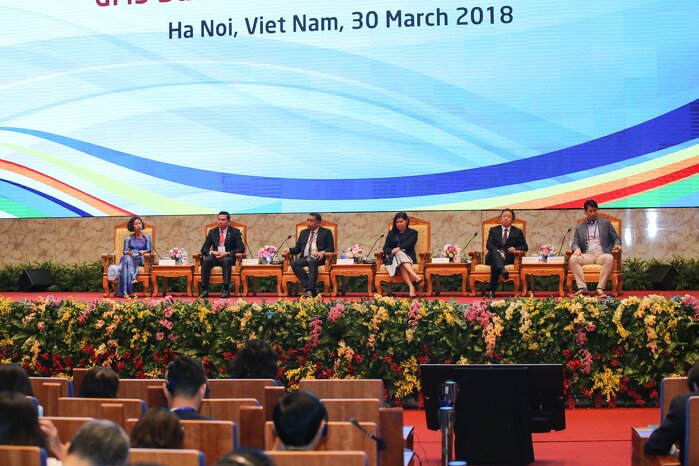
GMS Summit of Leaders. The Summit of Leaders, which is generally held every 3 years, is the highest forum in the Greater Mekong Subregion program and culminates in a joint statement signed by the heads of government of member countries. The summit is an opportunity to examine how global trends are affecting the subregion; the progress that has been made in cooperation and integration; and the best strategy for moving forward in the years ahead.
Source: https://www.facebook.com/GMSProgram/

The GMS Program brings prosperity in its member countries through the development projects across different sectors.
Source: https://www.facebook.com/GMSProgram/

The GMS Program brings prosperity in its member countries through the development projects across different sectors.
Source: https://www.facebook.com/GMSProgram/

The GMS Program boosts tourism industry and employment in the region.
Source: https://www.facebook.com/GMSProgram/
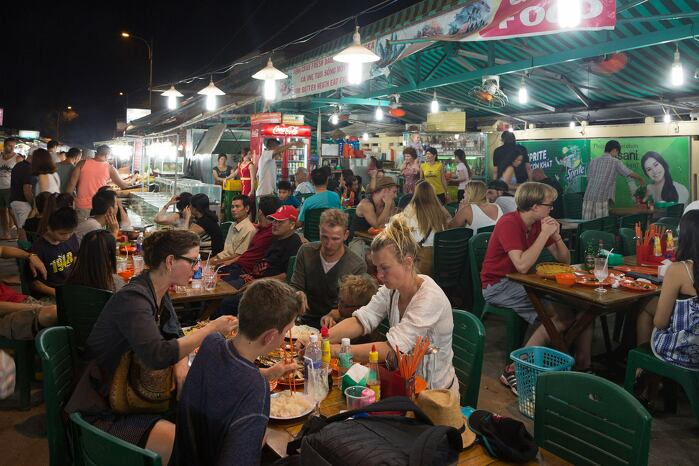
The GMS Program boosts tourism industry and employment in the region.
Source: https://www.facebook.com/GMSProgram/
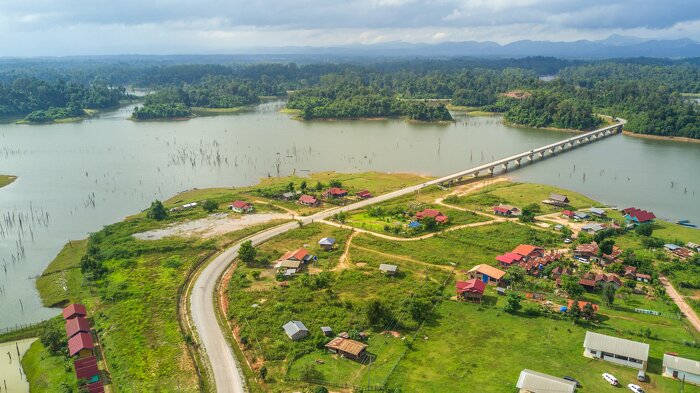
The GMS Program promotes connectivity in the region.
Source: https://www.facebook.com/GMSProgram/
- Provided support to the GMS countries to accelerate the implementation of priority projects.
- Transport. Implemented the East-West Corridor and the accompanying agreements in facilitating cross-border movement of goods and people, resolved issues for the Kunming-Chiang Rai Road Project, prepared the feasibility study for the Kunming-Haiphong Corridor, and assessed the results of the preinvestment study of the East-West Corridor.
- Energy. Facilatated technical assistance for a regional indicative master plan; coordinated on technical issues for regional power trade; conducted discussions on a regional protocol or treaty on power trade.
- Telecommunications. Facilitated technical assistance for telecommunications policy formulation and improvements in the regulatory framwork, and catalyzed private investments for the development of the subregional telecommunications system.
- Tourism. Facilitated project preparation work for a package of tourism infrastructure projects, and reviewed the institutional framework and roles for subregional cooperation in tourism.
- Human Resources Development. Conducted project development work on HIV/AIDS prevention and control, and higher education; and assessed the social implications of economic corridor development.
- Environment. Facilitated an investment project for critical wetlands and remote watersheds linked to the objectives of reducing poverty; and forged an agreement on a strategic environmental framework that would define high-risk, environmentally fragile areas to urgent environmental projection.
- Trade. Facilitated technical assistance for national capacity building to support trade and improved the regulatory framework for international trade.
- Investment. Facilitated technical assistance for capacity building to support investment promotion and investment facilitation.
- Help the GMS countries to participate more effectively in subregional cooperation by strengthening institution mechanisms for program management and national capacity for subregional planning, coordination, and implementation.








